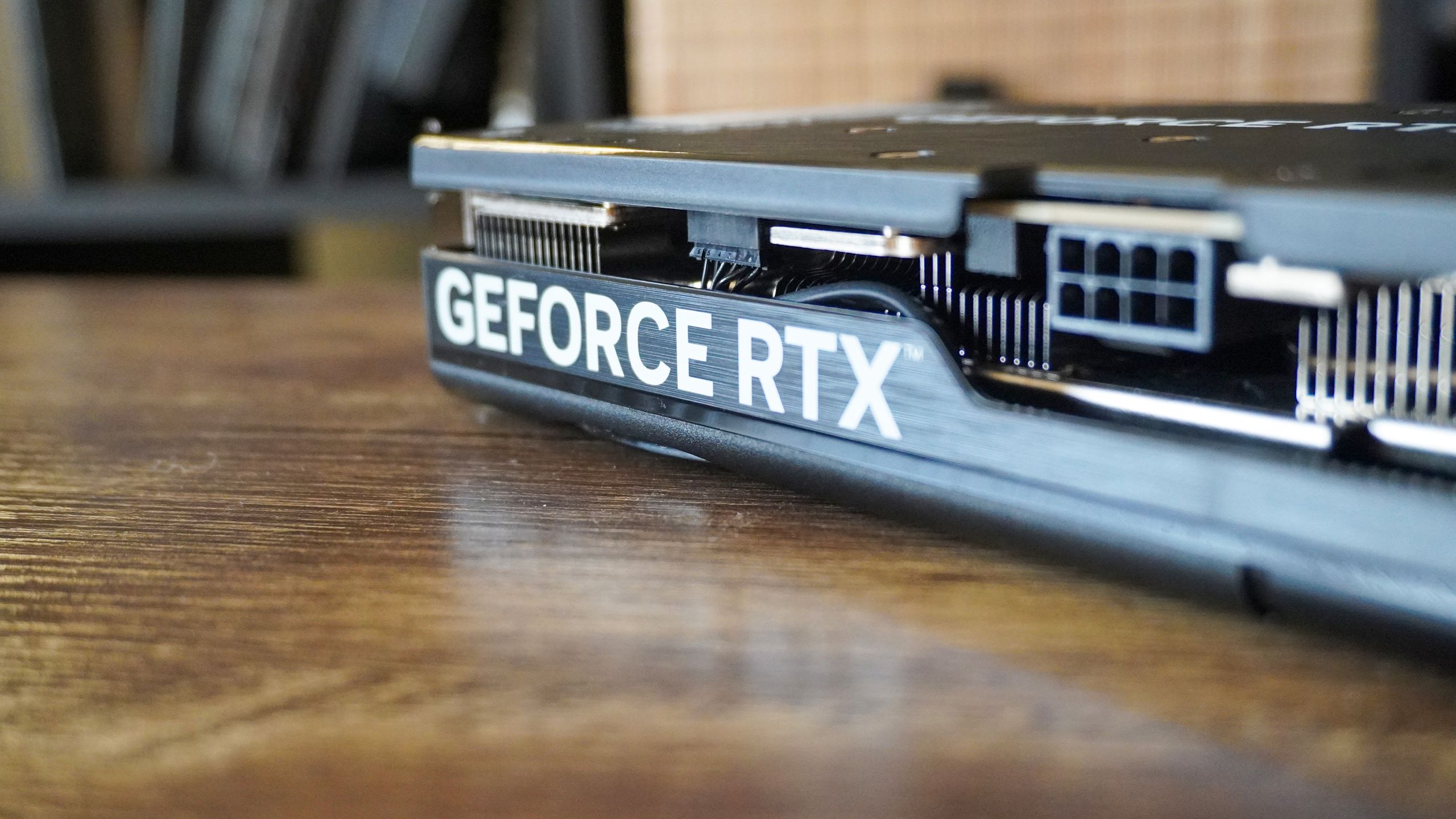The Federal Communications Commission voted Tuesday to dramatically increase the price limit that jails and prisons are allowed to charge for phone and video calls.
Under the new rules, costs in large jails were expected to increase to 10 cents per minute, and by 18 cents per minute in jails with fewer than 50 people. But at the last minute, the FCC also added a 2 cents per minute fee “to account for correctional facilities expenses.”
The FCC is backtracking on rules adopted last year, which had capped rates between $0.06 and $0.12 per minute. Overall, rates are expected to increase by as much as 83%.
According to an analysis by the advocacy group Worth Rises, this will cost families and inmates an additional $215 million each year and result in 2.1 billion additional call minutes a year under the 2024 rules to 714 million under the 2025 rules.
The new caps will increase rate caps by as much as 83%, according to the United Church of Christ Media Justice Ministry. This table does not include the $0.02 per minute additive announced on Tuesday.
The downstream effects of the change are alarming. The benefits of incarcerated people making phone calls are well documented: they reduce the likelihood a person will commit a crime when they’re released, promote relationships with children and improve jail safety.
“That means children who won’t be able to hear ‘I love you’ from their parents. That means spouses who won’t be able to communicate about parenting. That means people won’t be able to prepare for their release,” Bianca Tylek, the executive director of Worth Rises, told . “It has huge implications for individuals, families, communities and public safety.”
In 2022, Congress passed the Martha Wright-Reed Act, which gave the FCC authority to regulate prison phone calls. The FCC voted to enforce the lower caps last year and set a date of Jan. 1, 2025, for prisons to begin complying on a staggered basis. Then, in July 2025, FCC Chair Brendan Carr pushed the date back to April 1, 2027, due to “negative, unintended consequences.”
Hours before the FCC meeting, Senate Democrats sent a letter to Carr, calling this delay “unlawful,” writing that it was “snatching away relief for the incarcerated people and their families from predatory rates just as they were starting to go into effect.”
Carr, who voted to approve in part the 2024 rate caps, characterized the lower rates as a course correction, saying that “some prisons or jails were forced to scale back or even stop offering calling services altogether” since the lower rates were adopted.
“The FCC has not provided any evidence of those unintended consequences,” Wanda Bertram, a communications strategist for the Prison Policy Initiative, told . “They’re doing it out of a desire to not make an enemy out of sheriffs and companies.”
Americans spend more than $1 billion a year on phone calls to incarcerated people, according to the Prison Policy Initiative. One in 3 families of incarcerated people eventually goes into debt to pay for these calls.
“It’s not incarcerated people paying for these calls,” Bertram said. “90% of the time, it is their friends, their family members, their loved ones outside of prison.”










